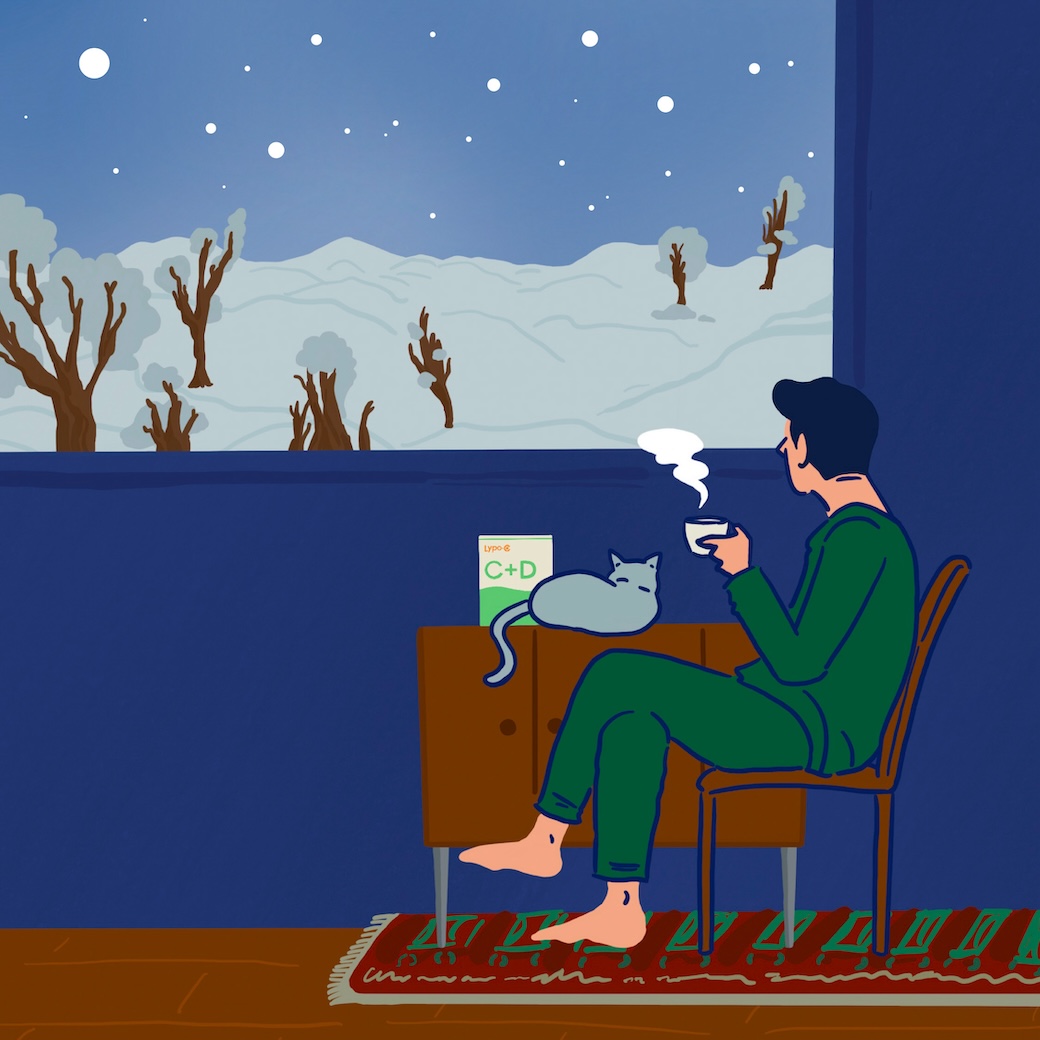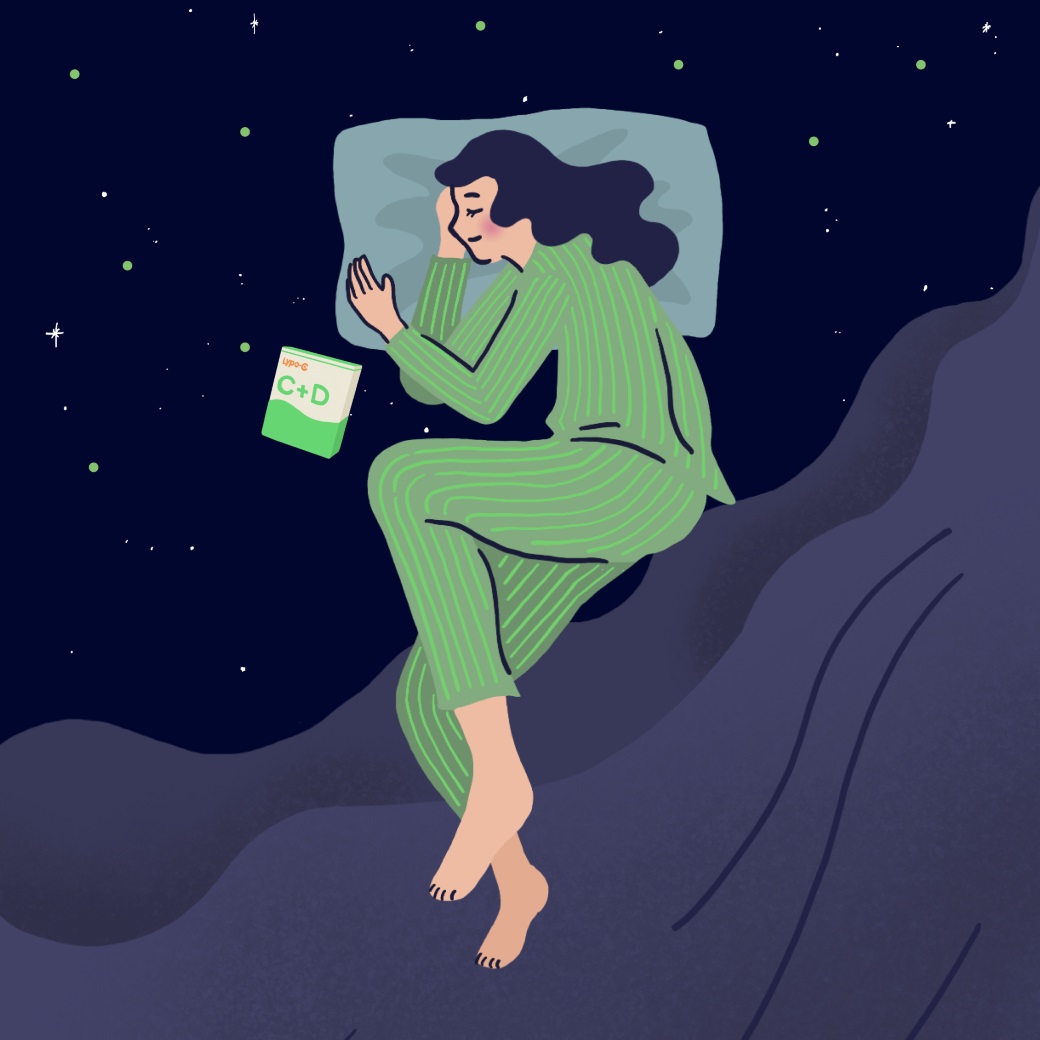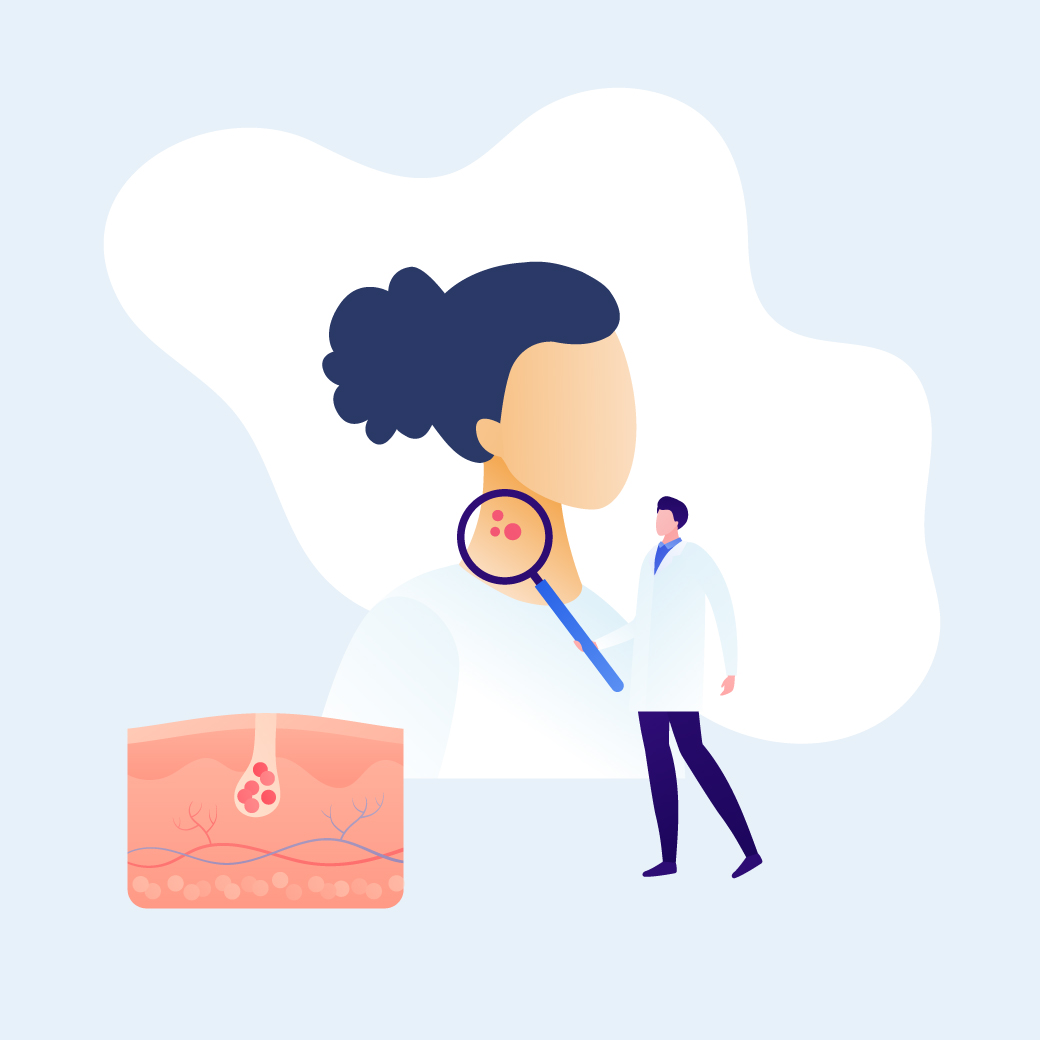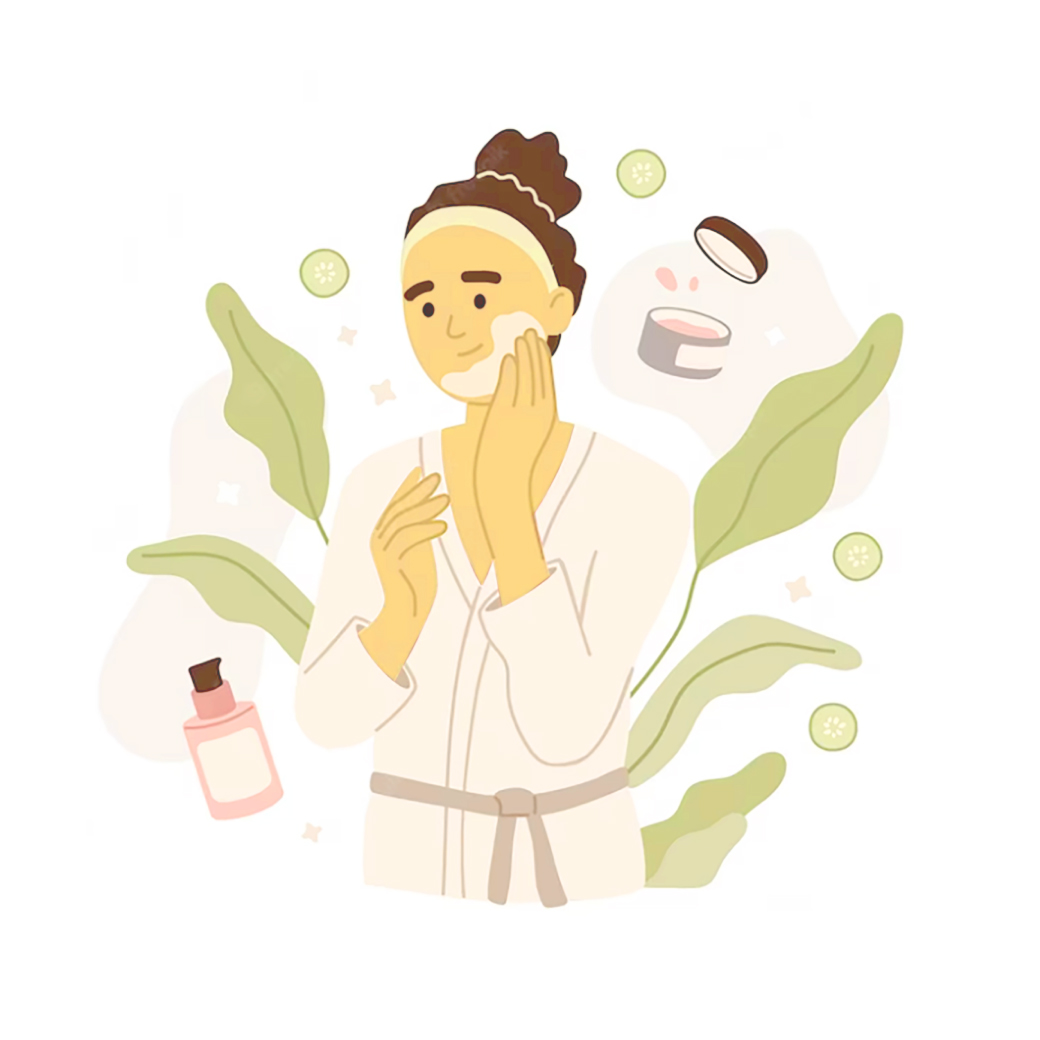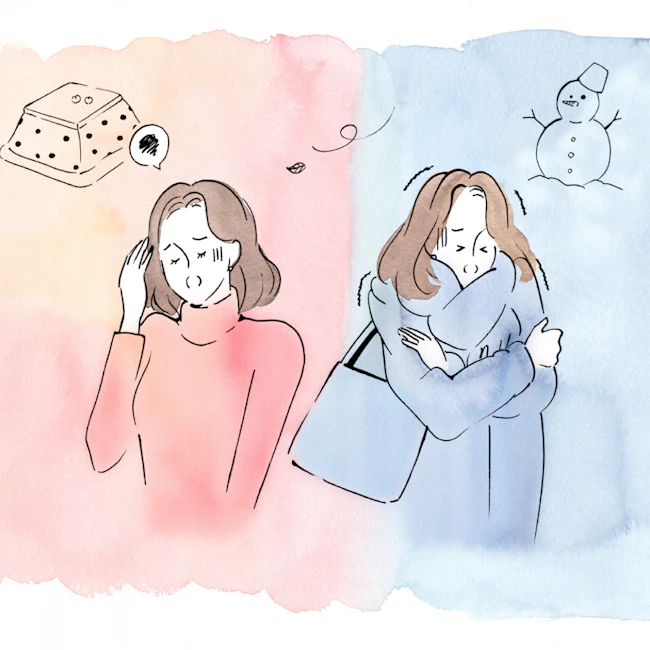
It's not a cold or hay fever... Maybe it's an "allergy to temperature difference"!?
SUMMARY
- ・"Temperature difference allergy" is a kind of rhinitis caused by temperature difference
- Why are some people prone to symptoms and others not?
- ・Nutritional balance and avoiding stress
- ·summary
The cold is finally here. Are you all staying warm every day?
Even though you're dressed warmly, when you go outside you can't stop sneezing and running nose... Have you ever experienced such an experience?
If you don't have a cold or hay fever, you may have a "temperature difference allergy".
What is a "temperature difference allergy" that is different from the so-called ordinary allergy? We asked Dr. Tomoko Hashimoto about the symptoms, causes, and countermeasures.
"Temperature difference allergy" is a kind of rhinitis caused by temperature difference
"Sneezing and a runny nose are one form of rhinitis, but the most obvious allergen is allergic rhinitis. Allergies are mainly caused by pollen, mites, and house dust. Symptoms include a runny nose and sneezing. Itchy eyes and bloodshot eyes often appear.In addition, if you have a fever along with sneezing or a runny nose, you should suspect a cold,” says Dr. Hashimoto.
On the other hand, you may also have the same sneezing, runny nose, or stuffy nose, but no itchy eyes or fever. That is "cold allergy".
"'Temperature difference allergy' is a symptom that is said to be more likely to occur when there is a temperature difference of about 7 degrees. The temperature difference stimulates the blood vessels in the nasal mucosa to expand, causing swelling inside, causing sneezing and a runny nose. It causes symptoms.Although it is called an allergy, an allergy test at a hospital does not detect any allergens, so it is not really an allergy.It is medically called "vasomotor rhinitis." increase"
Especially in winter, there is a tendency for many people to experience symptoms of "cold allergy" due to the temperature difference between indoors and outdoors. However, even in summer, there is a temperature difference between the air-conditioned room and the outside air, but I don't see many people with "cold allergy".
“When it comes to temperature differences, I think it wouldn’t be surprising if it happened all year round.
Why are some people susceptible to symptoms and others not?
Even in the same environment, there are people who have "cold allergy" and others who do not. Where is the difference?
“Actually, daily life has a lot to do with it. People with irregular schedules, people with poor nutritional balance in their meals, and people with lack of exercise are more likely to develop symptoms. It might be one," Hashimoto said.
Especially for those who are chronically tired or stressed, be careful.
“Vitamin C is consumed in large amounts due to stress such as busy days and disordered lifestyles,
Other vitamins and minerals are also deficient.
If the nutrition balance is bad, the mucosa will also be weak. Food is also likely to be an important keyword.
Balance your nutrition and avoid stress
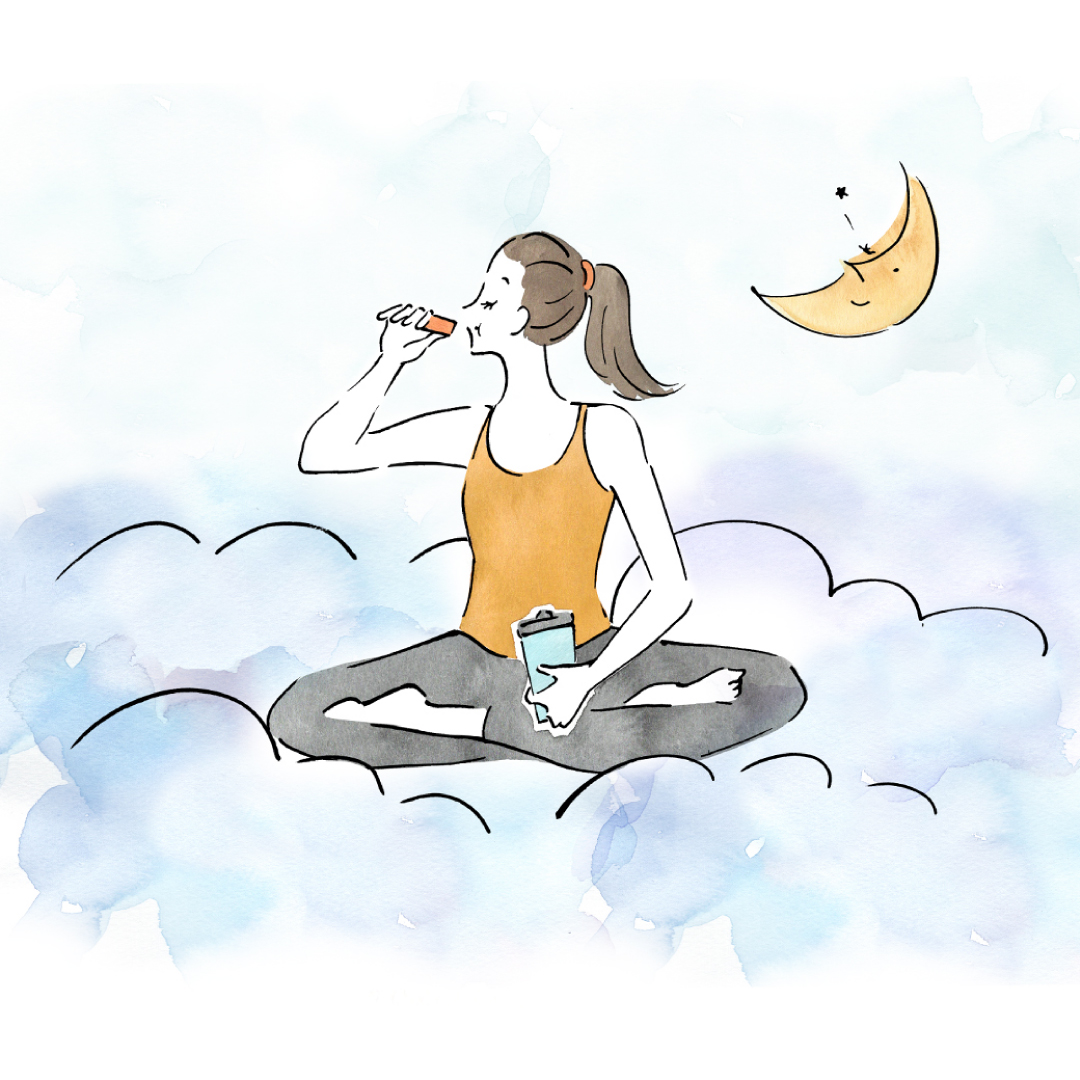
A regular diet and stress relief are the big keys to spending your days comfortably. It is especially important to ensure that your diet is well-balanced.
“Try to eat foods that provide zinc, vitamin D, vitamin A, vitamin C, and protein. If possible, it is best to get them from food, but vitamin C, which is consumed quickly, should be supplemented with supplements. It depends on the situation, but if you have a busy day, we recommend drinking more than usual.”
And it's important to find your own way to relax.
"I don't think you can get rid of stress, so it's a good idea to find a way to relieve it. Taking a bath is recommended. Warming up your body and relaxing can help regulate your autonomic nervous system, and it's a great countermeasure against cold allergies. will also be
summary
When the symptoms are severe, you can consult a specialist and receive symptomatic treatment, but the basic rule is to properly adjust your daily eating habits, which is the foundation of your health. Of course, when you go out, be sure to protect yourself from the cold with a muffler and gloves.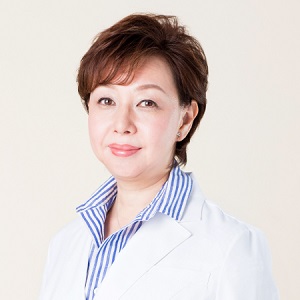
Tomoko Hashimoto
Clinical molecular nutritional medicine certified instructor. High-concentration vitamin C infusion therapy certified doctor. My confidence in breast cancer led to my encounter with molecular nutrition. At the clinic, he conducts molecular nutrition tests and counseling, and treats patients who are not sick enough to go to the hospital.





